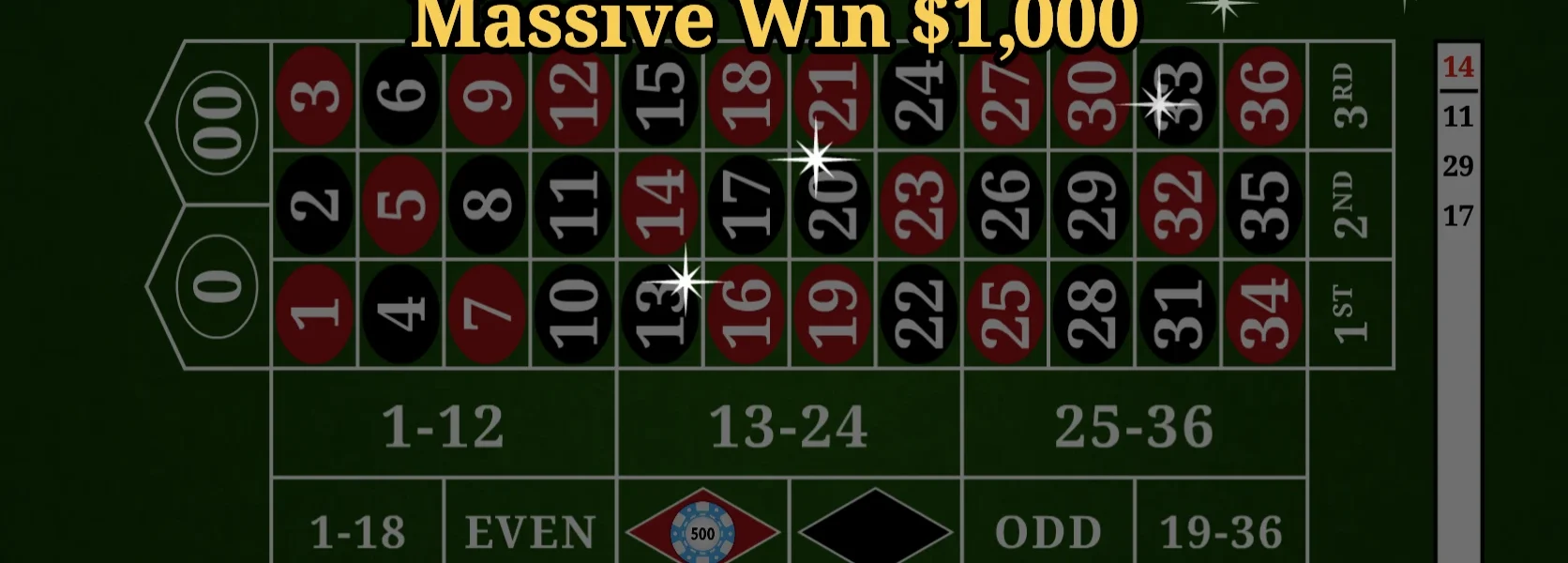Ever watched someone at a roulette table, eyes locked on the wheel, muttering numbers under their breath? There’s more going on than just luck—human psychology plays a huge role in how we bet. From hot streaks to “lucky” numbers, let’s break down why players act the way they do.
Why Roulette Feels Different Than Other Casino Games
Roulette isn’t just about odds—it’s a sensory experience. The spinning wheel, the clattering ball, the collective gasp when it lands. Unlike slots or blackjack, roulette feels personal. Players develop rituals, superstitions, and even emotional attachments to certain numbers or colors. Here’s why:
- The illusion of control: Even though it’s pure chance, players convince themselves they can influence the outcome—by blowing on the dice (yes, some do this at roulette too), choosing “their” number, or waiting for a “hot” streak.
- Pattern recognition: Our brains are wired to find order in chaos. After three reds in a row, we expect black—even though the odds reset every spin.
- Social proof: If everyone at the table is betting on red, newcomers often follow the crowd. It’s the same herd mentality that drives stock market bubbles.
Common Betting Patterns (And What They Reveal)
Players fall into predictable routines. Some are strategic—others, well, not so much. Here’s what these patterns say about the mind behind the bets:
The Martingale Devotee
Double your bet after every loss, and eventually, you’ll recoup everything—right? Wrong. This strategy ignores table limits and the cold, hard math of probability. Yet, it’s wildly popular because it feels foolproof. The psychology? Humans hate losing more than they love winning (loss aversion in action).
The “Lucky Number” Loyalist
Birthdays, anniversaries, jersey numbers—players assign meaning to digits. It’s called magical thinking, and it’s the same reason we avoid stepping on cracks. The brain links unrelated events (like winning once on “17”) and creates a false sense of destiny.
The Hot/Cold Chaser
“Red’s due!” Sound familiar? This is the gambler’s fallacy—the belief that past spins affect future ones. In reality, each spin is independent. But our brains? They’d rather see a pattern than accept randomness.
| Pattern | Psychological Driver | Why It’s Flawed |
| Martingale | Loss aversion | Table limits, infinite bankroll myth |
| Lucky numbers | Magical thinking | Numbers have no memory |
| Hot/cold streaks | Gambler’s fallacy | Each spin is independent |
How Casinos Exploit These Behaviors
Casinos aren’t just buildings—they’re psychological playgrounds. Here’s how they lean into betting patterns:
- Displaying “hot” numbers: Screens showing recent results feed the gambler’s fallacy. Players bet based on irrelevant data.
- No clocks or windows: Time distortion keeps players at the table longer. Ever noticed how easy it is to lose track of time?
- Free drinks: Alcohol lowers inhibitions and critical thinking. Suddenly, that 35-to-1 long shot seems… reasonable.
The Takeaway: Know Thyself
Roulette’s allure isn’t just in winning—it’s in the story we tell ourselves. Whether you’re a system player or a birthday-number bettor, recognizing these psychological traps is the real jackpot. Because in the end, the house always wins… but understanding why you play? That’s a win no casino can take.






